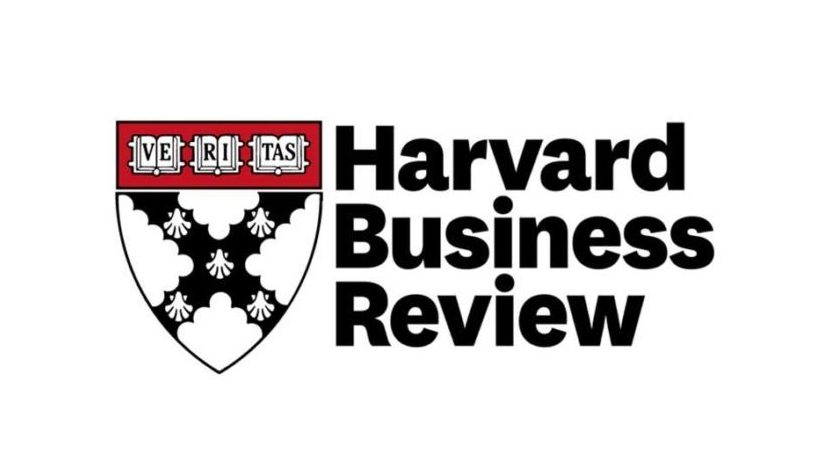As the existence of gender, race, and other biases becomes more widely acknowledged, many organizations are “blinding” their talent selection systems. Whether in a hiring process or an application for funding or other opportunities, there is some suggestions that anonymizing details about the applicant — removing their name, for example — leads to the selection of more candidates from underrepresented groups.
But the evidence supporting this approach hasn’t motivated the science community, where women represent only 28% of the science and engineering workforce, are paid less, receive less funding, and are cited less often than their male counterparts. Though institutions such as the National Institutes of Health have discussed anonymizing applications to reduce gender bias for at least a decade, there has been no movement towards implementing this process.
Our recently published research confirms that anonymizing can mitigate gender bias in the review of scientific research applications. Specifically, we found that when indications of candidates’ gender (such as their first name) were removed from applications for time on the Hubble Space Telescope, women were selected at a higher rate than when their gender was obvious.











Leave A Comment